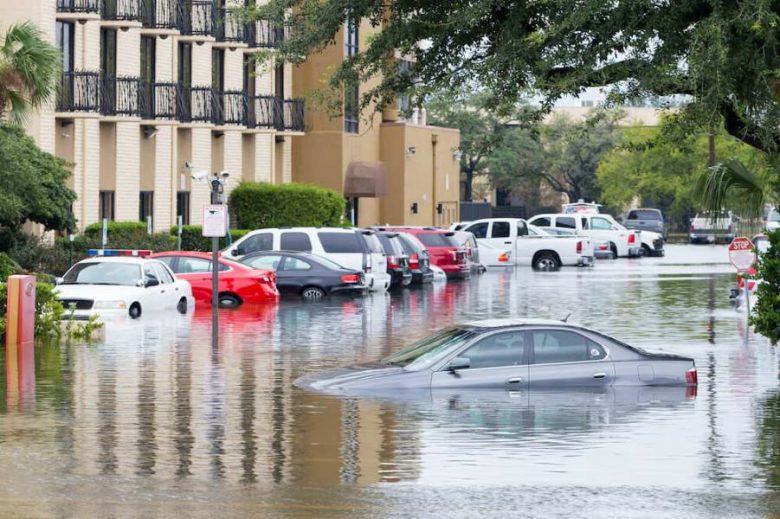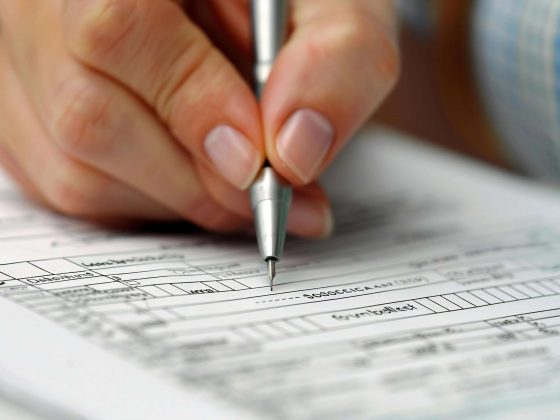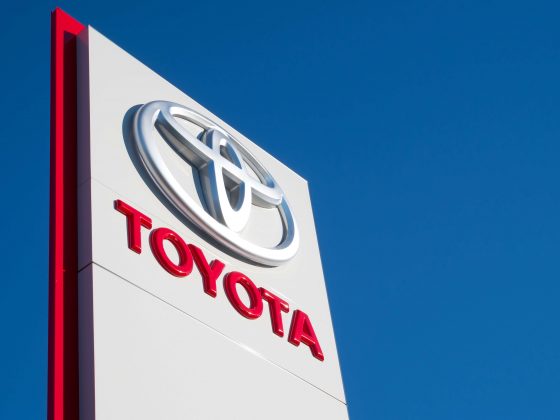
These days, used vehicles are selling like hot cakes. Thanks to delayed production, materials shortages, and fear of getting back to public transportation, used car models are selling for over $4,000 more than last year. In, 2021, the average price for used vehicles between April and June increased to $25,410, up from $20,942 in the year-ago period (Edmunds.com).
Use eTags© to Quickly Complete Your DMV Service. Renewals, Title Transfers and More, All Online!
Used vehicle prices are responsible for one-third of the rise in consumer prices, according to the Labor Department
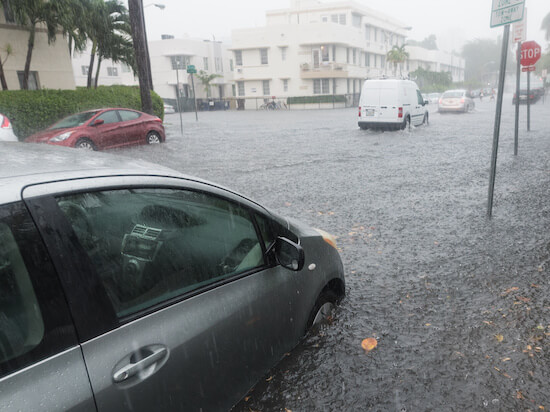
2020 saw over 445,000 flooded cars back on the road
Flooded vehicles become used cars for sale. And in today’s automotive demand, water damaged cars are flooding the market. According to Carfax, last year 446,836 flooded cars were back in use nationwide. Houston had the most flood-damaged vehicles with 57,863 in circulation. New York had, 19,33, while Philadelphia had 16,690. Both Miami-Fort Lauderdale and Dallas-Forth Worth had over 14,200 flooded vehicles back on the road.
Pent-up demand and bad weather floods
In the past year, used vehicle prices went up about 30%. 1- to 3-year-old models are now selling above original sticker price across auctions nationwide (where car dealerships buy their vehicles). With all this demand for cars, SUVs, pickup trucks, and other vehicles, flooded cars are on the road in every state including Michigan and Kentucky with over 12,500 flooded vehicles in Lexington.
Back in August 2017, Hurricane Harvey destroyed one million cars in Houston, with tens of thousands of vehicles to huge lots across Texas for assessment after the storm. Then vehicles were sent out for resale or scrapped
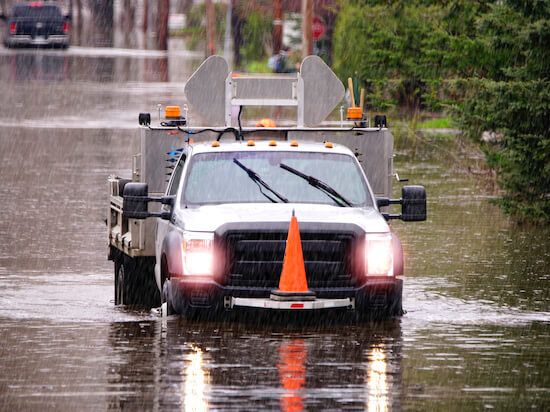
There’s also the inclement weather the U.S. has been having for the past several months with tropical storms, tornados, hurricanes, and plenty of floods that are adding to the number of flooded vehicles finding their way to automotive buyers and sellers in the coming months. Remember Tropical storm Claudette? The storm created damage across the southeast. Heavy rains, flash flooding in Alabama, Florida Panhandle and Mississippi, plus tornadoes in Florida and Georgia in the southeast.
What floods can do to cars
Flood water can ruin electronics, lubricants, and mechanical systems. It may take months or even years for the water to be a major issue, but corrosion can find its way to the car’s vital electronics, including airbag controllers. Water can also damage the engine, transmission, cooling system, and ABS system. Another problem is the mold that accumulates in the carpet, seat upholstery, and interior liners.
SEE ALSO: LONG-TERM CAR STORAGE
Water stains and mold
Flood water and damage creates mold, so any foul smell can be a telltale sign that you’re looking at a used flood-damaged vehicle. If there’s a musty odor or a strong deodorizing smell to mask the odor, the car is probably moldy. Molds are a fungus that grows everywhere and spreads rapidly. You can spot it thanks to its discoloration and distinct odor. Mold can cause a variety of health issues: skin and respiratory irritation, asthma, lung infections, and more.
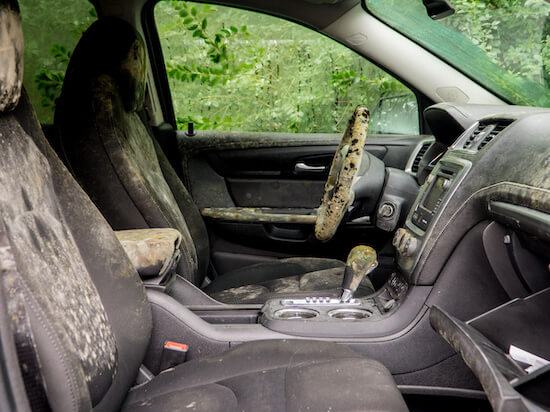
Look for water lines under the hood, or rust in areas that shouldn’t get wet like the brake pedal. Check for fog on the headlights and dashboard/infotainment. Inspect the carpet and upholstery for water stains, and check if seats were removed for proper cleaning by inspecting the seat-mounting screws. Look for mud and debris in difficult to reach places and gaps, as well as the bottom of edges where grime can accumulate over time.
There’s a high risk of flash floods in densely populated areas because buildings, driveways, roadways, and parking lots can cause water runoff. Storm drains and sewers become overwhelmed or clogged and then flood nearby roads
Inspect the title before you buy
When a car is flooded, the owner files a claim with their insurance provider. The insurance company inspects the vehicle and can declare it a total loss. At this point, the owner signs a release form saying they have no more claim to the car and he/she is paid for the loss. Then the water-damaged vehicle belongs to the insurance provider.
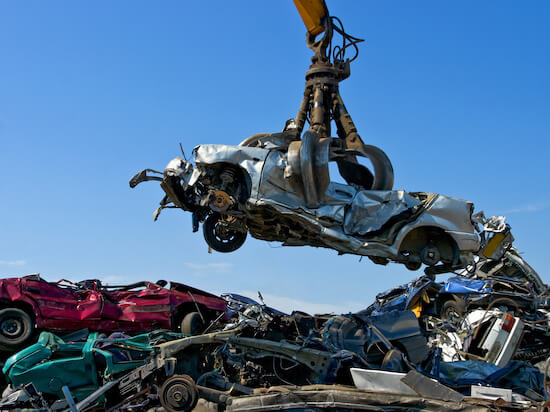
Once the flood-damaged vehicle is totaled, it’s supposed to get a new certificate of title called a salvage title. Those titles are usually plainly marked, known as being “branded” with the word “salvage” or “flood.” In some states, this warning is an obscure letter or number code on the title.
Totaled cars are typically sold at a salvage auction to junkyards, auto parts dealers and vehicle rebuilders. Reselling them to consumers may be legal if the flood damage is disclosed on the title. If you’re looking to register a “salvage title” car because you want to drive it on public roads, the necessary repairs have to be made. Once car is fixed, it has to be reinspected by officials. Then the vehicle is given a “rebuilt” car title, which allows it to be registered and driven around.
